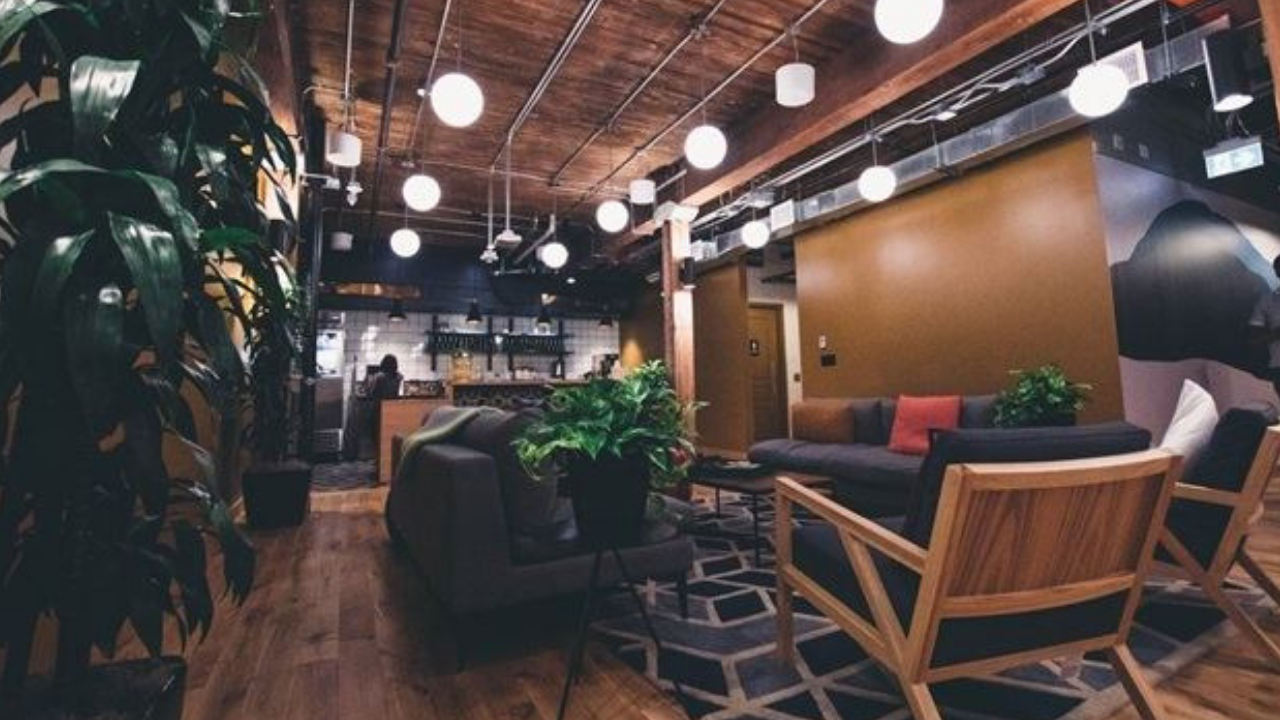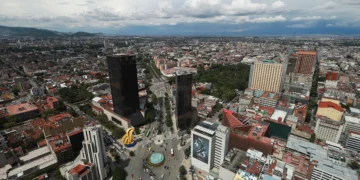Today’s technology-driven workforce has changed the traditional office model. Now, companies are seeking to balance the tech race with humanity.
Now, humans are seeking to satisfy human connection as we spend more and more time online. Coming together in a brick and mortar workspace gives us the opportunity to make personal connections and build a community.
Companies are beginning to offer workers more flexibility within their spaces. Creating an environment that encourages freedom, fluidity, and prioritizing employees will be vital. Modern offices break down physical and metaphorical boundaries to help fuel collaboration.
With this, organizations will think twice about their real estate investments to include other amenities like coffee bars, gyms, and recreation spaces to push the community-feel.
Analytics will also play a large role in improving general employee well-being. More companies and landlords will begin adopting smart building solutions that can be personalized to cater each employees preference. For example, a stuffy office can be cured with the tap of an app that opens an air duct.
Immersive technology will also start becoming apart of the workforce. Virtual and augmented reality will allow remote workers feel connected and have proper face-to-face interactions with colleagues.
The evolving work environment means that corporate real estate professionals need to think ahead when managing their spaces.















